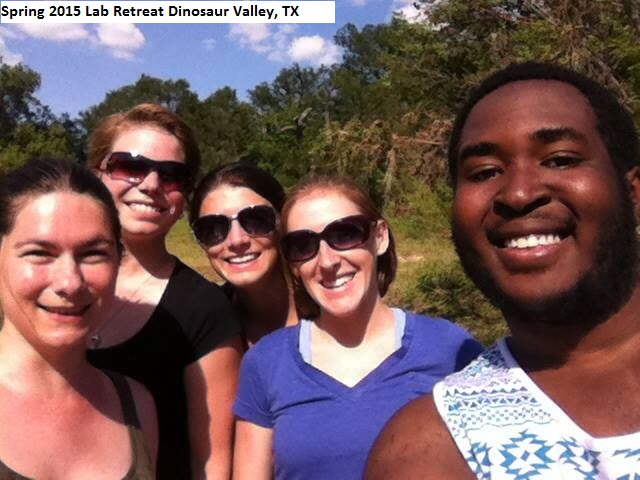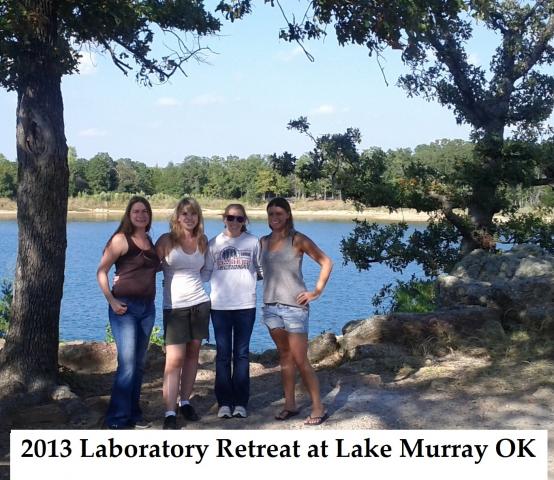Graduate students. A "junior colleague" model characterizes the graduate training in the Teen St.A.R. Laboratory. As a developmentalist, Dr. Blumenthal approaches the task of a mentor as meeting the student where they "are," and aiding the student in realizing their potential. This process cuts across domains; facilitating the trajectory of a student not only in terms of research skills but also along facets of professional and personal development which ultimately culminate in the progression from student to scholar. As such, the Teen St.A.R. Laboratory is a teaching laboratory, and training is individually tailored to develop and hone the skills necessary to be competitive in the academic or non-academic research context.
 Graduated exposure to publishing and grant-making focuses on the goal of independent scholarship, and a suite of mentored experiences emphasize excellence in teaching and mentoring. For instance, students can expect multiple co-author and first-author peer-reviewed publication opportunities congruent with their progress. Further, more advanced students have the opportunity to provide training for younger students; graduate students are paired with undergraduate students, and advanced graduate students with early graduate students, affording younger students the advantage of multiple, supportive perspectives and older students the opportunity to practice and hone their own mentoring skills.
Graduated exposure to publishing and grant-making focuses on the goal of independent scholarship, and a suite of mentored experiences emphasize excellence in teaching and mentoring. For instance, students can expect multiple co-author and first-author peer-reviewed publication opportunities congruent with their progress. Further, more advanced students have the opportunity to provide training for younger students; graduate students are paired with undergraduate students, and advanced graduate students with early graduate students, affording younger students the advantage of multiple, supportive perspectives and older students the opportunity to practice and hone their own mentoring skills.
Finally, Dr. Blumenthal's approach to training embraces both formal and informal  learning environments. Excellence requires the ability to step back, to think "around corners," to build and maintain collaborative relationships, as well as balance work, play, and self-care. Sometimes, the most creative and fruitful discourse occurs off campus: at a local coffeehouse, watering hole, or even further off the beaten path as we venture on our annual retreat. Overall, the training environment is warm, supportive, and collaborative. Along with Dr. Blumenthal, students should expect to invest in a honest, open discourse, express a strong work ethic, as well as dedication to the success of each individual and the team as a whole.
learning environments. Excellence requires the ability to step back, to think "around corners," to build and maintain collaborative relationships, as well as balance work, play, and self-care. Sometimes, the most creative and fruitful discourse occurs off campus: at a local coffeehouse, watering hole, or even further off the beaten path as we venture on our annual retreat. Overall, the training environment is warm, supportive, and collaborative. Along with Dr. Blumenthal, students should expect to invest in a honest, open discourse, express a strong work ethic, as well as dedication to the success of each individual and the team as a whole.
Dr. Blumenthal will be considering applications for admission(primarily for the Behavioral Science PhD program) for the 2024-2025 academic year. Individuals interested in working with Dr. Blumenthal are encouraged to contact her directly (Heidemarie.Blumenthal@unt.edu) as well as her current students for more information. Please see the Toulouse Graduate School and Department of Psychology webpages for information regarding the application process generally and the Behavioral Science manual for information on program requirements.

